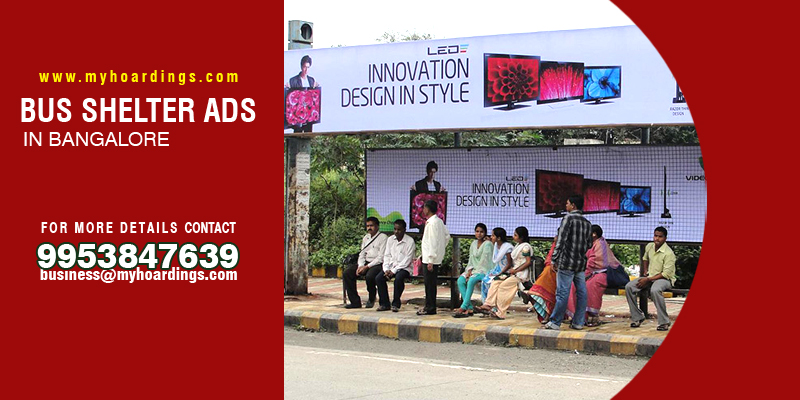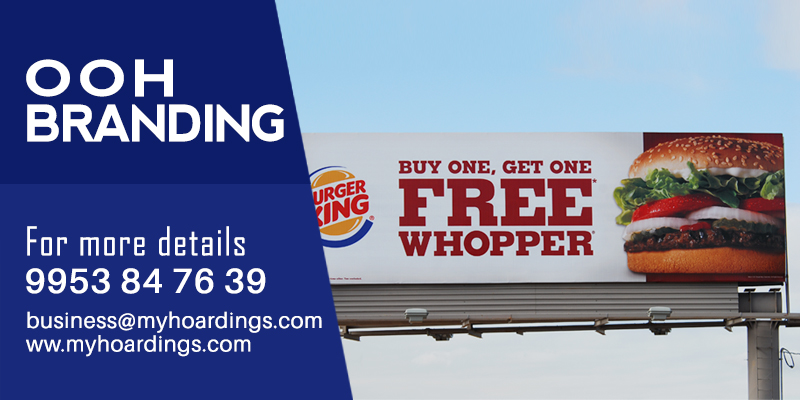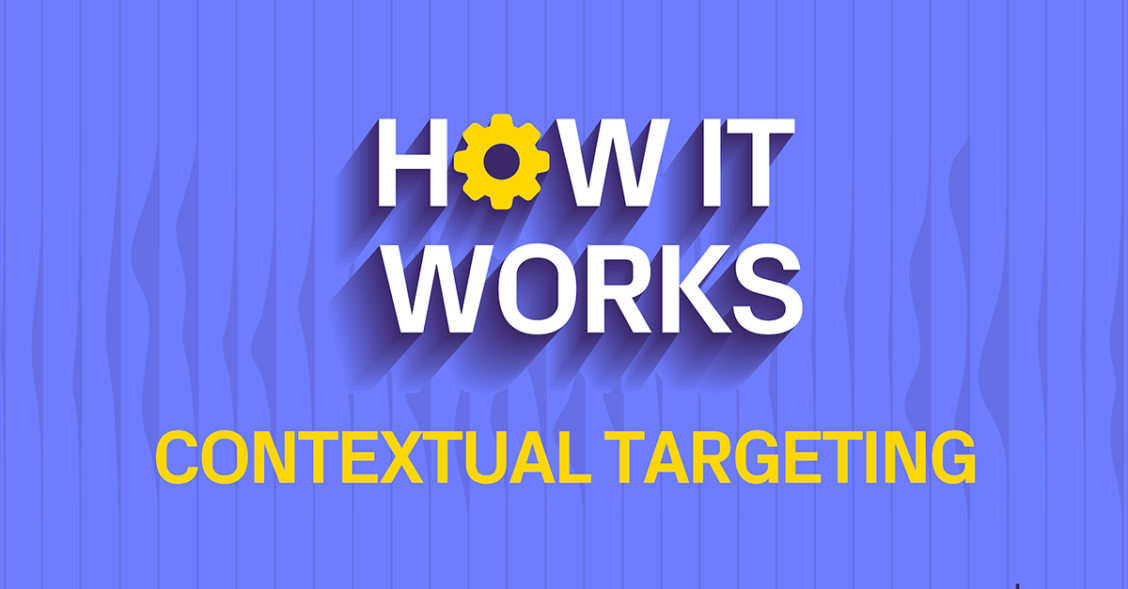Basic Event Marketing Plan
Creating a successful event marketing plan involves several key steps that help ensure the event is well-promoted, attracts the right audience, and achieves its objectives. Here is a basic event marketing plan to guide you through the process:
1. Define Your Event Goals and Objectives
Establish Clear Goals
- Determine what you want to achieve with your event. Goals could include increasing brand awareness, generating leads, launching a new product, or fostering community engagement.
Set Measurable Objectives
- Make your goals specific and measurable. For example, aim to attract a certain number of attendees, achieve a specific amount of media coverage, or generate a targeted number of leads.

2. Identify Your Target Audience
Research Your Audience
- Understand who you want to attend your event. Consider demographics, interests, and behaviors that align with your event’s purpose.
Create Audience Personas
- Develop detailed profiles of your ideal attendees to tailor your marketing messages effectively.
3. Develop Your Event Budget
Outline Your Expenses
- List all potential costs, including venue rental, marketing materials, advertising, catering, entertainment, and staffing.
Allocate Funds
- Allocate your budget according to priority areas, ensuring you have enough resources for effective promotion and high-quality execution.
4. Create a Compelling Event Message
Craft Your Value Proposition
- Clearly articulate what makes your event unique and why people should attend. Highlight key features, benefits, and unique selling points.
Develop Key Messages
- Create consistent messaging that can be used across all marketing channels. Ensure your message resonates with your target audience.

5. Choose Your Marketing Channels
Digital Marketing
- Utilize social media platforms (Facebook, Instagram, LinkedIn, Twitter) to reach your audience with targeted ads and organic posts.
- Use email marketing to send personalized invitations, reminders, and updates to your contact list.
- Leverage your website and blog to provide detailed information and updates about the event.
Traditional Marketing
- Use print materials such as flyers, posters, and brochures to promote the event in relevant locations.
- Consider radio and TV ads if they align with your audience and budget.
- Utilize outdoor advertising such as billboards and banners in high-traffic areas.
Partnerships and Collaborations
- Partner with influencers, sponsors, and media outlets to extend your reach and credibility.
- List your event on popular event discovery platforms and local directories.
6. Develop a Promotional Timeline
Plan Ahead
- Start promoting your event well in advance to build anticipation and ensure sufficient lead time for marketing efforts.
Schedule Key Activities
- Create a timeline that includes key promotional activities such as teaser campaigns, early bird promotions, reminder emails, and last-minute pushes.
7. Engage Your Audience
Pre-Event Engagement
- Use teasers and sneak peeks to generate excitement before the event. Share behind-the-scenes content, speaker announcements, and exclusive offers.
- Host pre-event contests or giveaways to boost engagement and attract more attendees.
During the Event
- Encourage live social media interactions, such as live-tweeting, live-streaming, and using event-specific hashtags.
- Provide interactive elements at the event, such as photo booths, Q&A sessions, and networking opportunities.
Post-Event Follow-Up
- Send thank-you emails to attendees and gather feedback through surveys.
- Share event highlights, photos, and videos on social media and your website to keep the momentum going and attract interest for future events.
8. Measure and Analyze
Track Your KPIs
- Monitor the performance of your marketing efforts through key performance indicators (KPIs) such as registration numbers, ticket sales, website traffic, social media engagement, and lead generation.
Analyze Your Results
- Evaluate the success of your event marketing plan by comparing your results against your objectives. Identify what worked well and what can be improved for future events.

Conclusion
A well-executed event marketing plan involves setting clear goals, understanding your audience, developing a budget, crafting compelling messages, choosing the right marketing channels, and engaging with your audience before, during, and after the event. By following this basic plan, you can ensure that your event is well-promoted and achieves its objectives. At MyHoardings, we specialize in creating and executing effective event marketing strategies that deliver results. Contact us today to learn how we can help you plan and promote your next event successfully.
Brand Promotion options in Cinema Halls
Outdoor Advertising Options in India |






